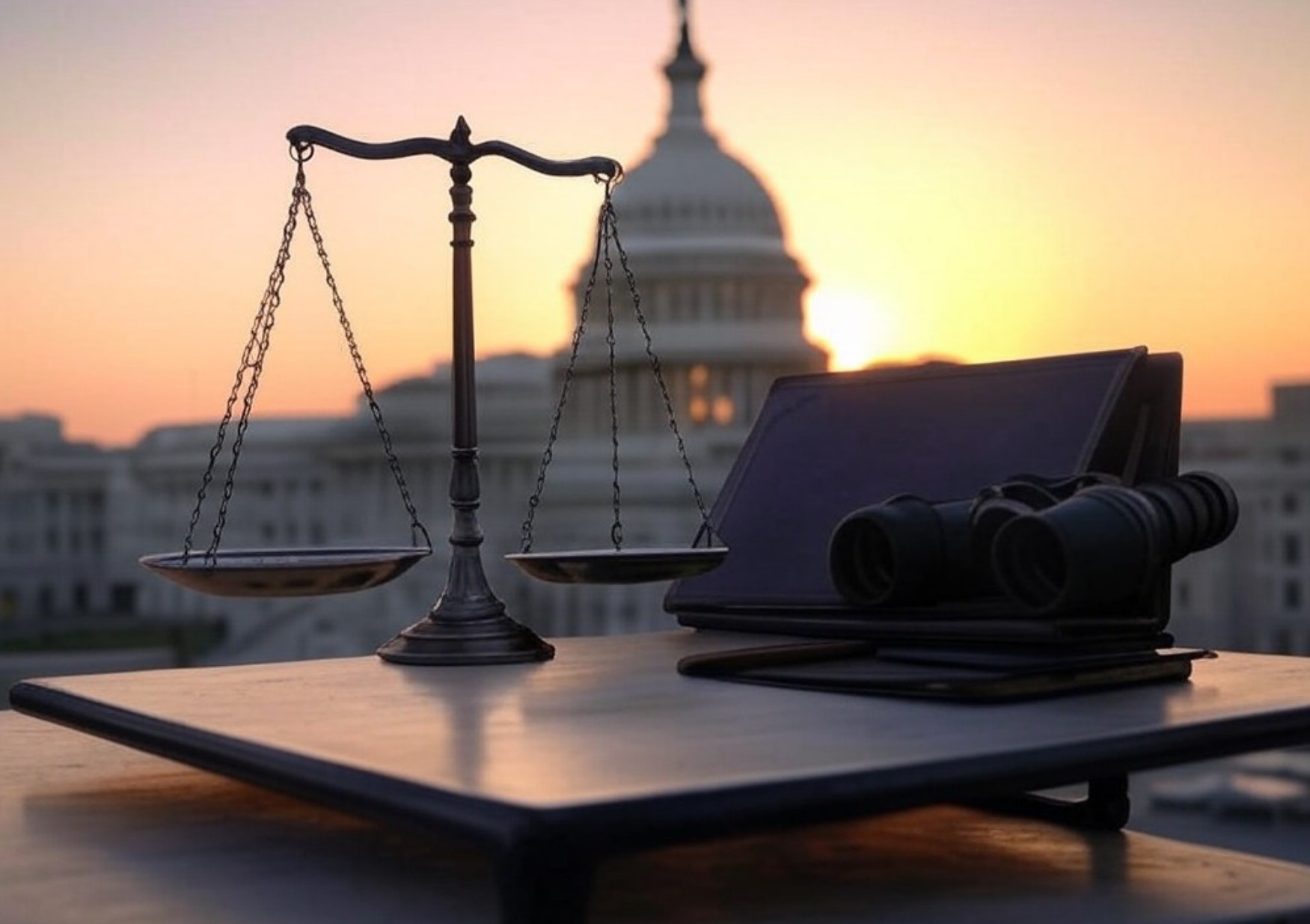Surveillance and Security vs. Privacy Rights: Navigating the Ethical and Legal Labyrinth
The debate over government access to user data for security purposes versus the protection of individual privacy rights has been one of the most contentious issues in modern society, particularly with the advent of digital communication and data storage. This discussion becomes even more pronounced when examining laws such as the USA PATRIOT Act and the Foreign Intelligence Surveillance Act (FISA). Here, we delve into the nuances of this debate, exploring both sides, the legal frameworks involved, and the implications for civil liberties.
The Case for Surveillance
National Security: Proponents of expansive surveillance powers argue that in an era where threats can cross borders with ease, intelligence agencies need robust tools to preemptively address security risks. The September 11 attacks were a pivotal moment, leading to the enactment of the USA PATRIOT Act in 2001, which significantly expanded the scope of surveillance by law enforcement and intelligence agencies. The Act was seen as essential for gathering intelligence to prevent future terrorist activities, particularly through provisions that allowed for the collection of “tangible things” under Section 215, and the broadening of wiretap and search capabilities under FISA amendments.
Legal Framework: The PATRIOT Act and FISA amendments were designed to lower barriers for intelligence gathering to enhance national security. Section 702 of FISA, for example, permits the collection of foreign intelligence information from non-U.S. persons located outside the United States, although incidental collection of American communications can and does occur. This has been justified under the pretext that modern threats do not adhere to geographical boundaries, necessitating a corresponding evolution in surveillance capabilities.
Public Safety: Advocates maintain that these laws are not just about counter-terrorism but extend to combating other forms of transnational crime, like human trafficking or cybercrime, where traditional law enforcement methods are insufficient.
The Privacy Rights Argument
Constitutional Concerns: Critics of these surveillance laws argue that they infringe upon constitutional rights, particularly the Fourth Amendment’s protection against unreasonable searches and seizures. The provisions allowing for the collection of vast amounts of data without specific warrants or probable cause are seen by many as a direct violation of privacy. The lack of judicial oversight, especially with the secretive nature of FISA courts, further fuels this debate, as it seemingly bypasses public accountability and traditional checks and balances.
Chilling Effect on Civil Liberties: There’s a significant fear that pervasive surveillance could lead to a chilling effect on free speech, association, and other fundamental rights. When individuals know they might be monitored, they might self-censor, thereby reducing the vibrancy of public discourse. The ACLU and other civil liberties organizations have highlighted how the PATRIOT Act’s “sneak and peek” searches and expanded pen register use undermine privacy without adequate justification.
Global Implications: The EU’s invalidation of the Privacy Shield agreement in the “Schrems II” case underscored how U.S. surveillance practices impact international data privacy. This ruling pointed to the vast reach of U.S. intelligence laws, suggesting that even data supposedly protected under EU laws could be accessed by U.S. authorities, thus affecting global trust in data handling by U.S. entities.
Balancing Act: Legislative and Judicial Responses
- Reforms and Oversight: In response to public and legal scrutiny, there have been attempts to reform these laws. The USA FREEDOM Act of 2015 was one such effort, aiming to end bulk collection of telephone metadata by the NSA while preserving some surveillance capabilities. However, critics argue that even these reforms do not go far enough in reining in government overreach.
- Judicial Review: Courts, including the FISA Court, have occasionally pushed back or demanded more transparency, yet the secretive nature of these proceedings often leaves much to be desired in terms of public confidence. The 2008 FISA Amendments Act was another attempt to balance security needs with privacy, but the ongoing renewals and expansions of Section 702 continue to be points of contention.
- Public and Political Pushback: Recent political climates have seen figures from both sides of the political spectrum voicing concerns over privacy versus security. Movements to “kill FISA” or not renew certain provisions reflect a growing unease with unchecked surveillance powers.
The tension between surveillance for security and the protection of privacy rights is emblematic of broader conflicts in democratic societies: how to safeguard freedom while ensuring safety. The PATRIOT Act and FISA have significantly altered the landscape of privacy in America, leading to ongoing debates about what constitutes a necessary compromise versus an overstep of governmental power. As technology evolves, so too will this debate, requiring constant vigilance, legal refinement, and public engagement to ensure that the balance never tips too far in one direction at the expense of the other.
This complex issue underscores the necessity for transparency, accountability, and public discourse to navigate the fine line between security and liberty in the digital age.
